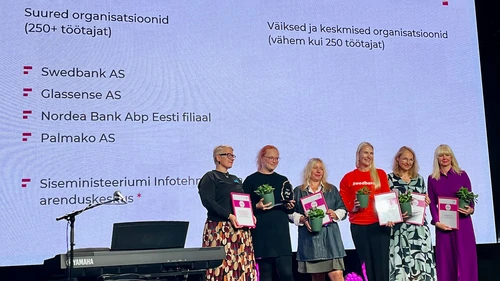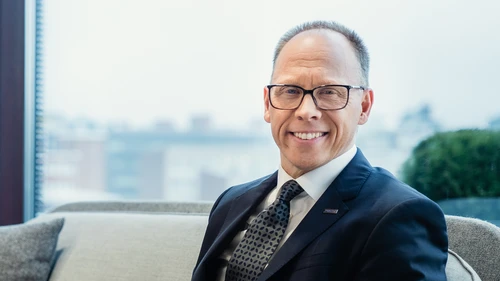Denmark
We participate in the Finans Danmark initiative Pengeuge. In week 11, our country management and employees volunteer and teach financial skills in schools.
Pengeuge has existed since 2014 and hundreds of school classes are visited every year.
Finland
We organise the annual Taloussankari (Finance Hero) competition for school classes. Taloussankari is a collaboration between Nordea, Pörssisäätiö and Talous ja nuoret TAT.
In addition, we arrange Nordea-run personal economy classes – Oman talouden eväät -oppitunnit (Money Matters workshops) – throughout the academic year for schools.
Norway
We run our Økonomipeil programme, which focuses on young people’s ability to manage their finances well. We visit schools or invite schools to one of our offices.
In addition, we have a collaboration with Ungt Entreprenørskap where our volunteers visit Oslo schools under the Økonomi og karrierevalg programme.
Sweden
Since 2008, we’ve run Ekonomipejl, a programme aimed at helping youngsters take control of their finances and get a head start in young adult life.
Having basic maths skills already at a young age is a pre-requisite for understanding and managing personal finances later in life. Therefore, we also focus on making maths more fun for all in our Matteutmaningen.
Poland
We work together with different NGOs to support digitally and financially excluded children in cooperation with Hakersi.
We also collaborate with Share the Care Foundation to build parental equality and Mamo Pracuj to support women in returning to the labour market after maternity, parental and childcare leave.
Estonia
Our programme in Estonia consists of two tracks: one focuses on basic financial skills and the other focuses on financial crime prevention and how to detect different kinds of fraud and navigate safely online.
The age groups range from kindergarten to high school/upper secondary school level, with lessons conducted mainly in Estonian, but also in Finnish and Russian.



